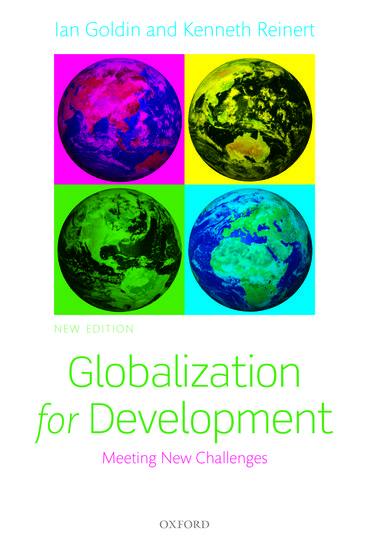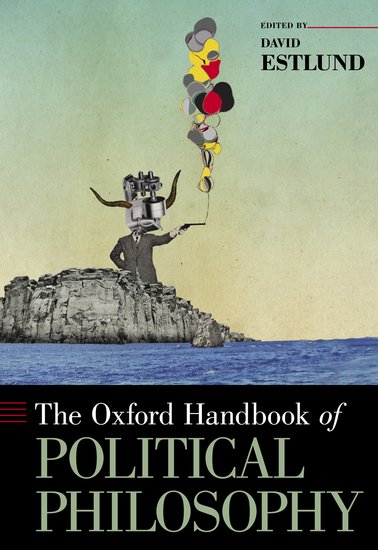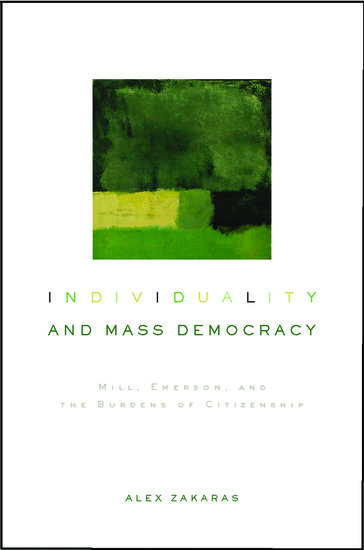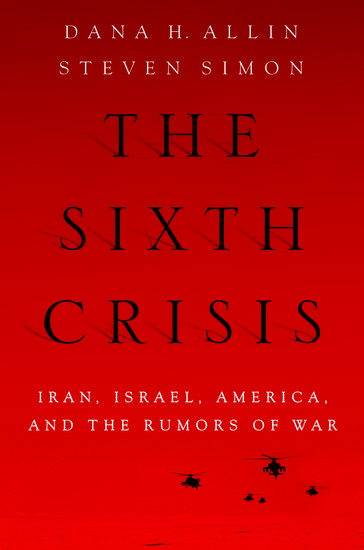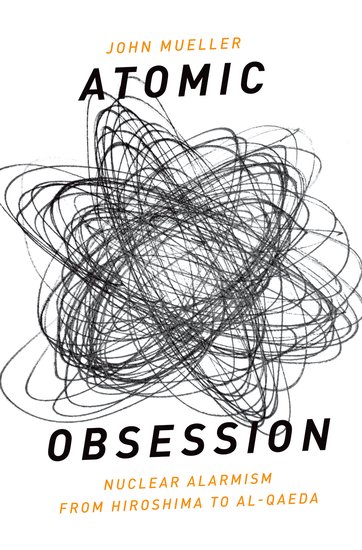Ancient manuscripts and modern politics
By Louis René Beres
Oddly, perhaps, there are striking similarities between Western Epicureanism and Eastern Buddhism. Even a cursory glance at Lucretius, On The Nature of Things, reveals a characteristically “Buddhist” position on human oneness and human transience. Greek and Roman Stoicism, too, share this animating concept, a revealing vision of both interpersonal connectedness and civilizational impermanence.

